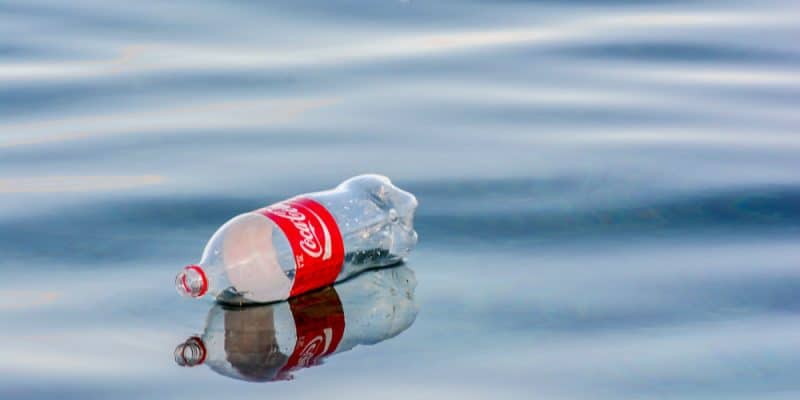Several multinationals operating in the soft drinks sector are targeted by authorities in several countries in East Africa. It is the case of the American firm Coca-Cola, today forced to recycle in order to avoid legislation on plastic waste management.
In East Africa, much effort has been made in the management of plastic waste. If thanks to its legislation and the rigour of the authorities, the city of Kigali in Rwanda has become the cleanest on the African continent, it is not uncommon to still see plastic bottles littering the streets of several cities in East Africa. Examples include Nairobi, Kenya, and Dar es Salaam, Tanzania. However, in most of those countries, the use of plastic is prohibited. In fact, Kenya has also prohibited the use of plastic bags since 2017.
The populations are struggling to comply with the instructions given by the authorities. They then turn to plastic manufacturers such as Coca-Cola. The American company produces 250 million plastic bottles in East Africa every year and several countries are threatening to ban these plastic bottles. In response, the American company promises to recycle each bottle it manufactures within 12 years, 25% by the end of 2018 and the rest by 2030.
Coca-Cola’s efforts
Coca-Cola already owns a plastic bottle recycling plant in Kampala, Uganda. With its 40 employees, it recycles the bottles collected in Rwanda, Uganda and Southern Sudan. “The main objective of this plastic recycling is to collect everything we put on the market. This would allow us to recover 100% of what we release into the environment, recycle it and return it to service,” says James Ongwech, production manager at Coke’s Uganda Plastic Recycling Industries.
The Ugandan recycling plant has found buyers abroad for its recycled material. These are manufacturers of plastic and polyester fibres looking for cheap raw materials. In the textile sector, for example, plastic fibre is used to make certain fabrics.
A Coca-Cola recycling plant in Kenya, soon
Until now, China has been a major buyer of plastic bottles on the African continent and “Last year, the world was shocked when China banned certain types of plastic flakes. China was our main export destination from Uganda. The country actually exported annually up to $4 million of recycled plastic flakes. China changed its policy and other countries quickly conquered the market. Currently, we export to India and Turkey, and we have requests for information from Canadian customers,” said Simon Kaheru, Communications Director of Coca-Cola Uganda.
The company also aims to open a plastic bottle recycling plant in Kenya. Coca-Cola believes that this would reduce the export of plastic bottle vials. The ultimate goal is also to recycle every bottle that the American giant puts on the market, both in Kenya and in the rest of East African countries.
Jean Marie Takouleu







